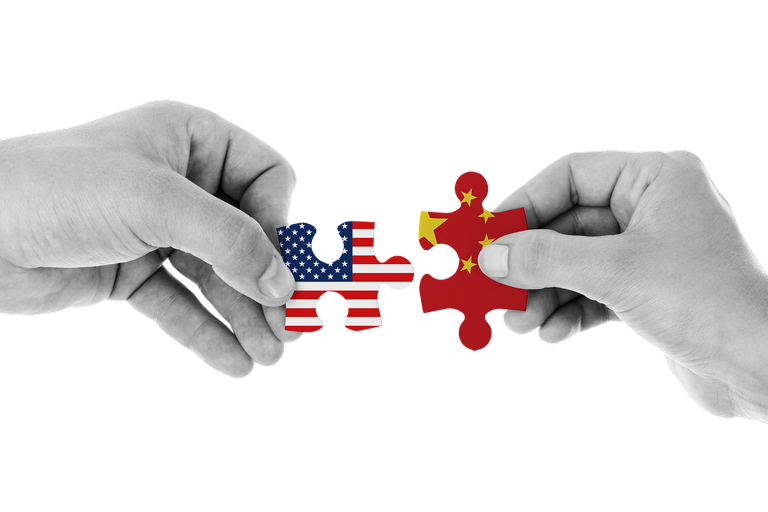WHEN TECH LOVE TURNS SOUR
Once the matchmaker for China's tech giants, venture investors are now caught in a geopolitical whirlwind, prompting them to pick sides – and trust us, it's messier than navigating a breakup playlist.
The Biden administration steps in as the stern parent, laying down the law and forbidding U.S. investors from cozying up to Chinese tech companies in semiconductors, quantum computing, and artificial intelligence. The A-list Silicon Valley funds, Sequoia Capital and GGV Capital, sensing the impending relationship drama, decide it's time to ghost their China business to dodge political roulette.
Now, enter Ray Dalio, the billionaire investor, and founder of Bridgewater Partners, giving his two cents at the Fortune Global Forum in Abu Dhabi. He injects a dose of reality into the narrative, emphasizing that high-end tech investors are now stuck in a game of chairs, debating whether to follow Washington's or Beijing's lead.
"That's real. It's a fact," says Dalio, adding a touch of seriousness to the soap opera.
Dalio, once a cheerleader for China's economic prowess, has been feeling the heat all year. He drops the bombshell – hints of a potential conflict last March, sanctions threatening to wreck the world economy, and the nightmare scenario of the U.S. and China not even being on speaking terms.
He takes a stroll down memory lane, recalling his frequent visits to China since 1984, comparing it to a relationship with "irreconcilable differences." Dalio envisions the devastating aftermath if things go south, throwing in historical references like the oil sanctions on Imperial Japan into the mix.
Fast forward to last October, when the Biden administration throws a curveball – an export ban on advanced semiconductors, a move Dalio likens to controlling the oil supply. But just when you think the relationship is doomed, Dalio drops a twist – a mid-November meeting between Biden and Xi Jinping, a diplomatic truce around the APEC summit in San Francisco. Could this be the relationship counseling they need, or is it just a temporary ceasefire?
China and the U.S. start dialing back tensions, attempting to reconcile their differences. They set up working groups, make promises on climate cooperation, and pledge to restart military dialogue. Xi even vows to cut back on exporting materials for fentanyl, trying to win back the trust like a romantic gesture.
Dalio spills the tea on a confidential dinner with President Xi Jinping in San Francisco, rubbing shoulders with business elites like Tim Cook and Elon Musk. He spills the beans on Beijing's new strategy – a "nonviolent war," taking a page from Sun Tzu's Art of War. It's like they're saying, "Why fight when we can outsmart?"
As the tension eases, Dalio paints a picture of a complicated relationship – more like "intense competition" than an all-out war. Yet, in the background, the U.S. keeps cranking up efforts to restrain China's tech sector, like an annoying third wheel refusing to leave.
Will they break up for good, or is there a chance for a tech-powered reconciliation?

Congratulations @youngboy111! You have completed the following achievement on the Hive blockchain And have been rewarded with New badge(s)
Your next target is to reach 50 posts.
You can view your badges on your board and compare yourself to others in the Ranking
If you no longer want to receive notifications, reply to this comment with the word
STOPTo support your work, I also upvoted your post!
Check out our last posts: